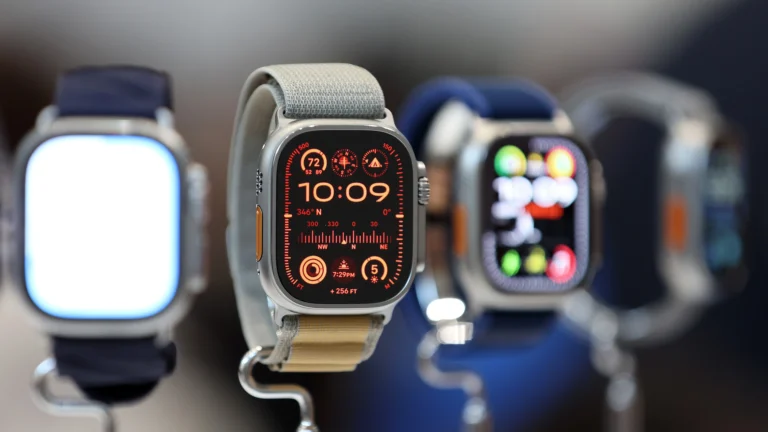The U.S. Food and Drug Administration (FDA) has granted approval for Apple’s new sleep apnea detection feature, which is now available to users of the Apple Watch Series 9, Series 10, and Ultra 2 through a software update. This development marks a significant advancement in wearable health technology, offering a new tool for monitoring sleep disorders.
Sleep apnea is a condition where a person’s breathing repeatedly stops and starts during sleep, affecting over 30 million people in the U.S. However, only about 6 million are diagnosed, according to the American Medical Association. Untreated sleep apnea can lead to fatigue and serious health issues, including heart problems, hypertension, and Type 2 diabetes.
Apple’s sleep apnea detection feature utilizes a new metric called “breathing disturbances.” The Apple Watch employs an accelerometer to monitor wrist movements that indicate disruptions in breathing patterns. Users can track their nightly data in the Health app, which categorizes their metrics as either “elevated” or “not elevated.”
This data is analyzed monthly, and users will be notified if consistent signs of severe or moderate sleep apnea are detected. The Apple Watch allows users to review their data over one-month, six-month, or one-year periods, and generate reports summarizing three months of breathing disturbance data for discussion with healthcare providers.
This feature represents Apple’s latest effort to make health monitoring more accessible and cost-effective compared to traditional sleep apnea tests. In-lab sleep studies can cost around $3,000, while at-home tests vary but can be quite expensive as well. The Apple Watch Series 10, starting at $399, offers a more affordable alternative.
Dr. David Kuhlmann, a physician specializing in sleep disorders, views the feature as a “game changer” for those hesitant to seek traditional testing. He notes that while the feature could lead to more accurate diagnoses and potentially lower healthcare costs in the long run, users should approach the data with caution and seek formal diagnoses from healthcare providers.
The Apple Watch Series 10 has an 18-hour battery life, so users will need to charge it during the day to continuously monitor their sleep. Apple provides educational materials within the Health app and generates comprehensive reports that users can share with their doctors.
Apple emphasizes that the notification algorithm for this feature was developed using an extensive data set from clinical-grade sleep apnea tests and validated through clinical studies.
With the approval of this innovative feature, Apple continues to expand the capabilities of its wearable technology, potentially transforming how users approach and manage their sleep health.

